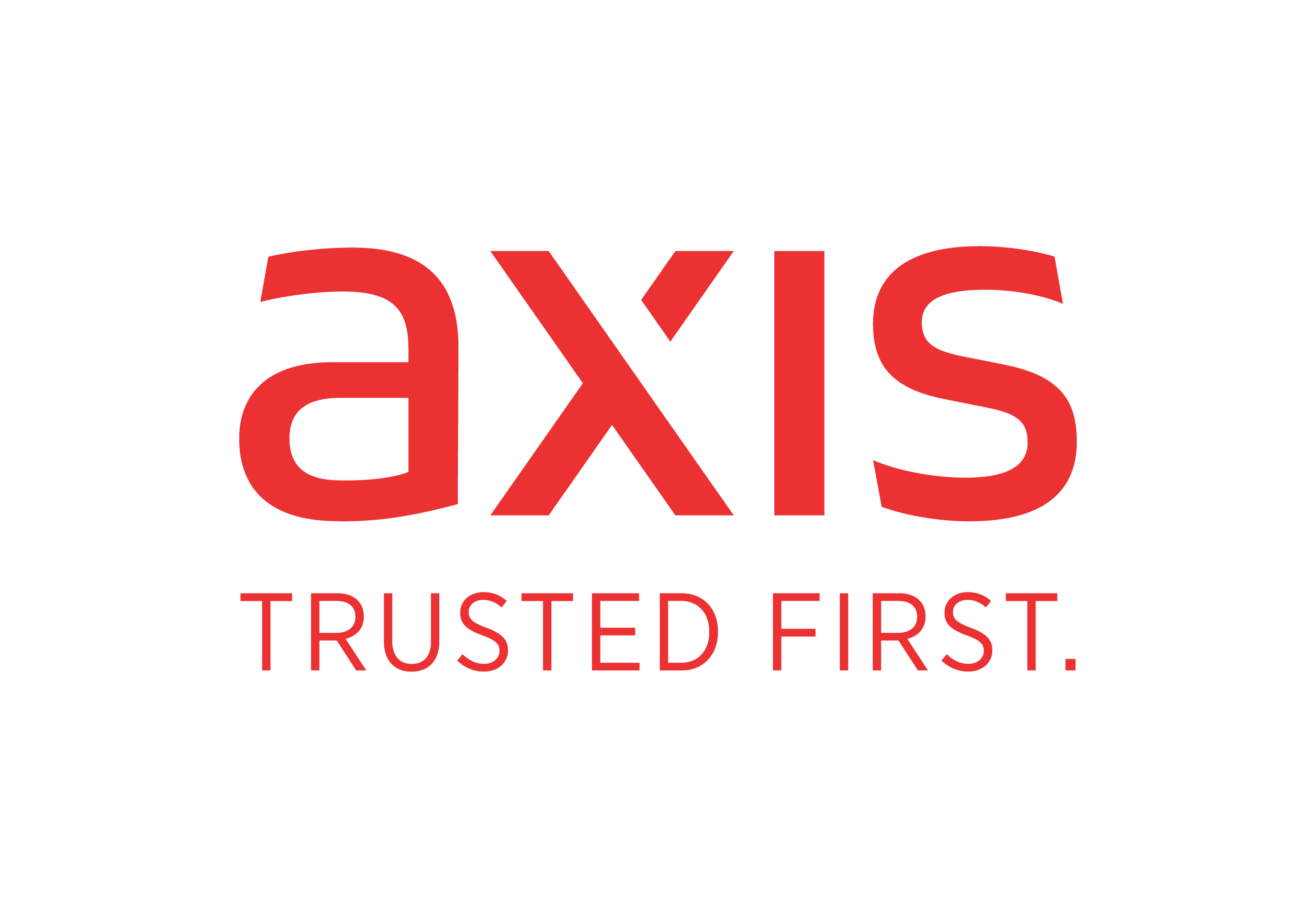The Prime Minister of Mauritius has on 04 February 2019 written to the European Code of Conduct Group (“CCG”) to provide a high-level commitment that it shall address any EU concerns over its tax regime by 31 December 2019. This letter further reiterates the pledge of Mauritius to adhere to international standards and best practices in matters relating to tax transparency and fair taxation.
This commitment follows a letter sent to the Mauritius authorities by the CCG on 01 February 2019 assessing the newly introduced Partial Exemption regime to replace the Deemed Foreign Tax Credit system that was found to be harmful by the OECD. In its assessment, the CCG evaluated the Partial Exemption regime using the following five criteria:
Criterion 1 – Targeting non-residents;
Criterion 2 – Ring-Fencing;
Criterion 3 – Substance;
Criterion 4 – Internationally accepted principles; and
Criterion 5 – Transparency.
The CCG found that four out of the five criteria, namely 1, 2, 4 & 5 have no harmful features although it observed that it would monitor the situation in respect of criterion 1 and 2 to confirm that there are no “de facto” ring-fencing. With respect to Criterion 3 – Substance, the EU observed that:
1. Whilst it is permissible to have an outsourcing model to achieve substance in the jurisdiction, the outsourcing of core income generating activities is only permitted to occur within the jurisdiction concerned and requires that the primary entity should have the capacity to properly supervise and control the work of the entity to which the core functions have been outsourced;
2. There should be no double counting, that is the substance of the outsourcing provider (employees, expenditure and premises) should not be used multiple times by multiple primary entities that outsource to the same outsourcing provider; and
3. Partial Exemption system should be contained by appropriate anti-abuse measures in order to tackle tax-planning opportunities.
It would be noted that in respect of the first two observations, these obligations already exist in the regulatory framework as licensing requirements and are monitored/enforced through the Financial Services Commission. The authorities have already embarked on a consultation exercise with the industry to determine what should be the ideal form of anti-avoidance measures.
On the basis of the commitment provided to the CCG, there should be no reason, why the CCG should not recommend that Mauritius be excluded from its blacklist of non-cooperative jurisdictions for tax purposes which will be issued in the very near future.





